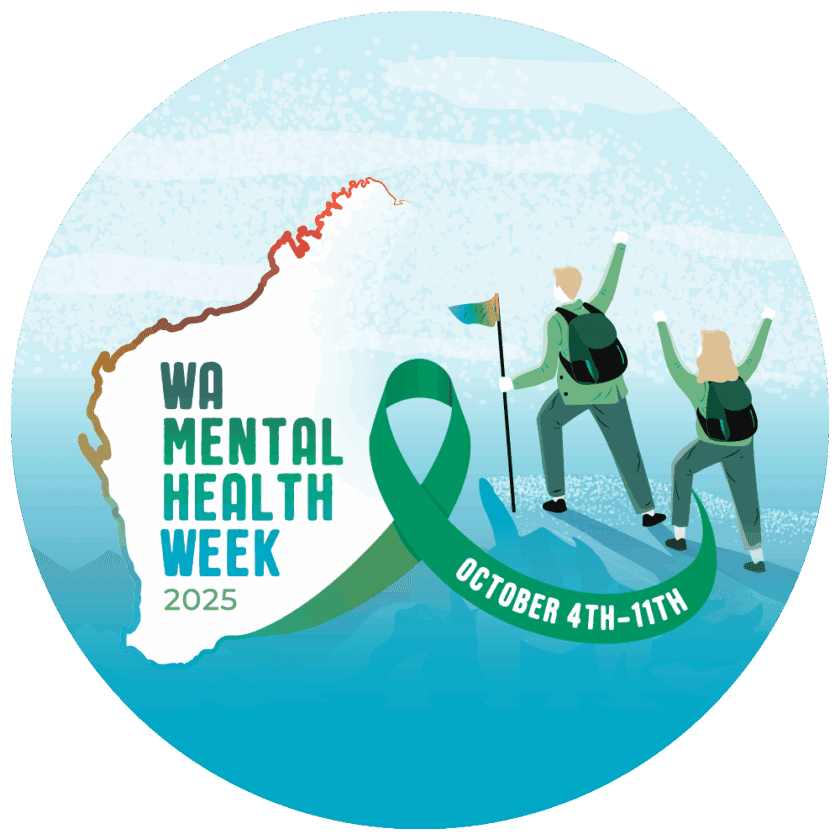What are the Symptoms of Trauma?
Trauma responses, symptoms and behaviours associated with experiencing often repeated extreme trauma, especially from childhood, can include distressing and intrusive memories, dreams or nightmares. There may be flashbacks of the traumatic event/s, and you may have changes in your thoughts and mood. Common reactions to trauma include feelings of fear, anxiety, anger, depression, and guilt, emphasising the importance of timely support to help individuals cope and avoid unhealthy coping mechanisms.
You may find yourself avoiding people, places, activities, or situations that may evoke distressing memories. You may blame yourself and have a negative self-concept, feeling worthless. Often, people with trauma histories have feelings of shame, guilt or failure. You may have difficulty sleeping and concentrating.
Common symptoms can include angry outbursts, difficulty with relationships, being easily startled, hypervigilant, and dissociating (not being present in the moment).
Some people experience an increased risk of self-harm and/or suicidal thoughts and behaviour. Experiencing trauma may also increase the risk of developing other mental health problems.
Understanding Trauma
Trauma is a complex and multifaceted concept that can have a profound impact on an individual’s physical, emotional, and mental well-being. It is essential to understand that what constitutes a traumatic event for one person may differ from another, and how it can affect a person’s life can vary greatly, too. Trauma can stem from a variety of experiences, and its effects can be long-lasting, influencing how a person thinks, feels, and behaves.
What is a Traumatic Event?
A traumatic event is an experience that involves actual or threatened death, serious injury, or sexual violence to oneself or others. These events can be sudden and unexpected, such as a car accident or a natural disaster, leaving individuals feeling shocked and overwhelmed. Alternatively, traumatic events can be prolonged and repeated, such as childhood abuse or domestic violence, which can erode a person’s sense of safety and trust over time. Additionally, trauma can be experienced vicariously, such as witnessing a traumatic event or learning about a traumatic event that occurred to a loved one. Each of these experiences can leave deep emotional scars and significantly impact a person’s life.
Symptoms of Emotional Trauma
Trauma can manifest in different ways, and its symptoms can vary from person to person. However, there are some common symptoms that trauma survivors often experience. Recognising these symptoms is the first step towards seeking help and beginning the journey to recovery.
Common Symptoms
- Intrusive memories and flashbacks: Trauma survivors may experience vivid and distressing memories of the traumatic event, which can be triggered by sights, sounds, or smells that remind them of the event. These intrusive memories can be overwhelming and difficult to manage.
- Avoidance behaviours: In an attempt to avoid feelings of anxiety or fear, trauma survivors may avoid people, places, or activities that remind them of the traumatic event. This can lead to isolation and a reduced quality of life.
- Negative changes in thoughts and mood: Trauma survivors may experience negative changes in their thoughts and mood, such as feelings of guilt, shame, or hopelessness. These changes can affect their self-esteem and overall outlook on life.
- Hyperarousal and reactivity: Trauma survivors may experience physical symptoms such as difficulty falling asleep, difficulty concentrating, and an exaggerated startle response. These symptoms can make it challenging to relax and feel safe.
- Physical symptoms: Trauma survivors may experience physical symptoms such as headaches, stomach problems, or muscle tension. These physical reactions are often a result of the body’s response to stress.
- Emotional reactions: Trauma survivors may experience intense emotional reactions, such as anxiety, fear, or anger, in response to triggers that remind them of the traumatic event. These emotional reactions can be difficult to control and may interfere with daily life.
- Mental health problems: Trauma survivors may experience mental health problems such as depression, anxiety disorders, or substance abuse. These issues can compound the effects of trauma and make recovery more challenging.
At Holyoake, we understand that if you are dealing with trauma, you may be using alcohol and/or other drugs to assist you to:
- self-soothe and numb yourself from past painful thoughts and experiences;
- help you access your memories and talk about the trauma;
- regulate or improve your self-esteem;
- create a sense of control in your interpersonal functioning;
- decrease the symptoms of post-traumatic stress disorder;
- increase a sense of stability and predictability;
- reduce the impact of intrusive thoughts and make your symptoms more manageable;
- control insomnia, nightmares, irritability, rage and emotional outbursts;
- contribute to a sense of belonging with other consumers; and/or,
- be a form of self-medication.
What can You Expect from a Mental Health Professional at Holyoake?
Holyoake adopts an integrated approach to trauma, mental health and AOD (alcohol and other drug) issues to improve treatment outcomes, from the initial welcome at reception (consideration of your personal space, privacy if required, etc.) through the entire treatment journey.
Our trauma-informed approach will provide you with a safe, supportive and therapeutic environment in which you will feel empowered, with the choice to seek support and explore issues how and when you are ready to do so. This approach focuses on working alongside you in your recovery journey. Counsellors respond compassionately and non-judgementally in order to build trust and create a supportive, safe and collaborative relationship with you.
If you’re struggling with alcohol or drug use as a result of a trauma, Holyoake provides free support. Get in touch or explore our services to learn more about how we can help you.




